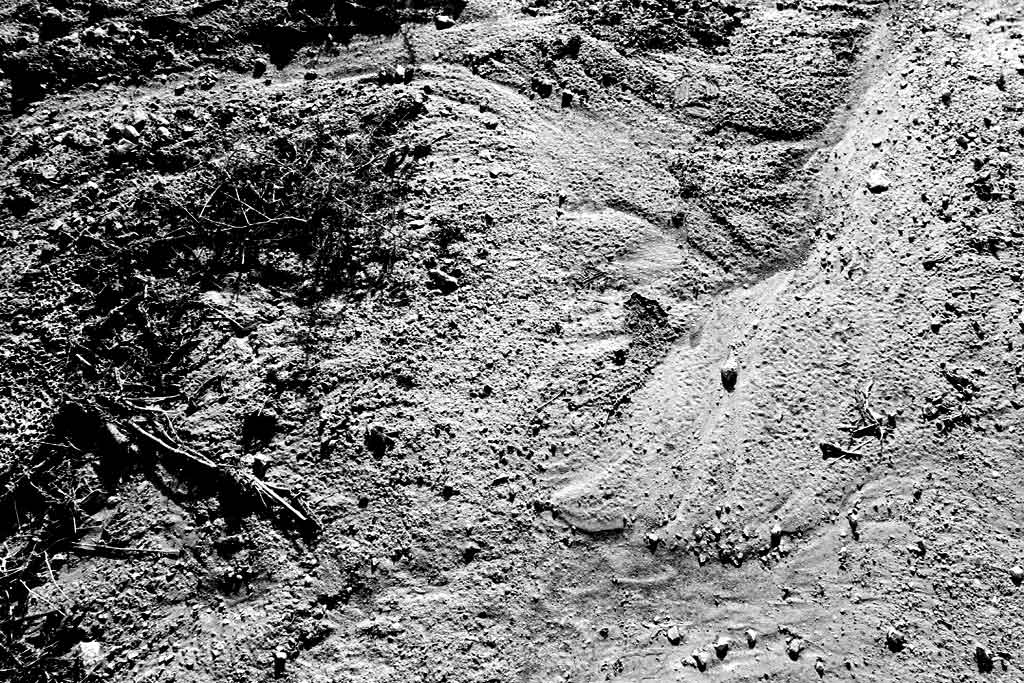
UN[dis]CRIMINATE
- NO SOMOS ANIMALES -
by Teju Adisa-Farrar
1849, Presently: 70,000 bodies, many casualties, no names
No somos animales
We are not bred to be domesticated
Domestico, no
We are not to be studied
We built cornerstones, canals, railroads,
raised families always having to find familiarity in new places
mobilized cultures
to study us is to study society
how ironic aprenda de mi
We were, we are workers who worked
to continue to work and still be in poverty
or to some of us who rose above cycles of recycled historical memories and oppression
we are not one color
one race
or one country
we are people from places, pais, pride beyond the bounds of geographical or political boundaries
some of us not citizens of limitations and laws
that does not mean we don’t have a right to rights
el derecho de cultivar y el idioma
we are citizens of humanity
del mundo y el sol
no sola
of the right to the nations our hands made
No somos animales
Somos migrants of opportunity and casualties
Whose yellow, tan, black, moreno bodies were infallible
and to some, disposable
and too many, but not enough, we are beautiful
we still carry pain that is in the cement holding buildings together
that is in the rusted metals traveled over and over
in the gold taken to the Spanish
the silver people, devalued and labeled
underclass
Because our words are English
The language that colonized us
Because this is stronger than race: la raza
This is deeper than faith
It’s a people
And I-will always be political because of my culture
No somos animales
Somos la historia

Teju Adisa-Farrar is a writer/poet/performance artist and urban geographer. Her interdisciplinary performance art is produced from the research she does on geographies of Blackness, transnational activism, city culture initiated and experienced by people of African descent and other post-colonial communities. Teju integrates socio-historical writing, poetry, movement, and subjectivity to explore the realities of Blackness and post-capitalist futures in Euro-North American urban contexts. With a Bachelors of Arts in Sociology and Critical Theory and a Masters of Science in Urban Studies, over the past two years Teju has lived in four European cities conducting this research on cultural geographies, participating in collaborative artistic projects, and performing poetry. Her most recent credit is a short film conceptualized with and filmed by Austrian filmmaker Hanna Mikosch entitled “Dear White Europe,” which showed at | meter | gallery in Copenhagen from March to April.
www.tejuadisafarrar.com
Watch No Somos Animales Video
